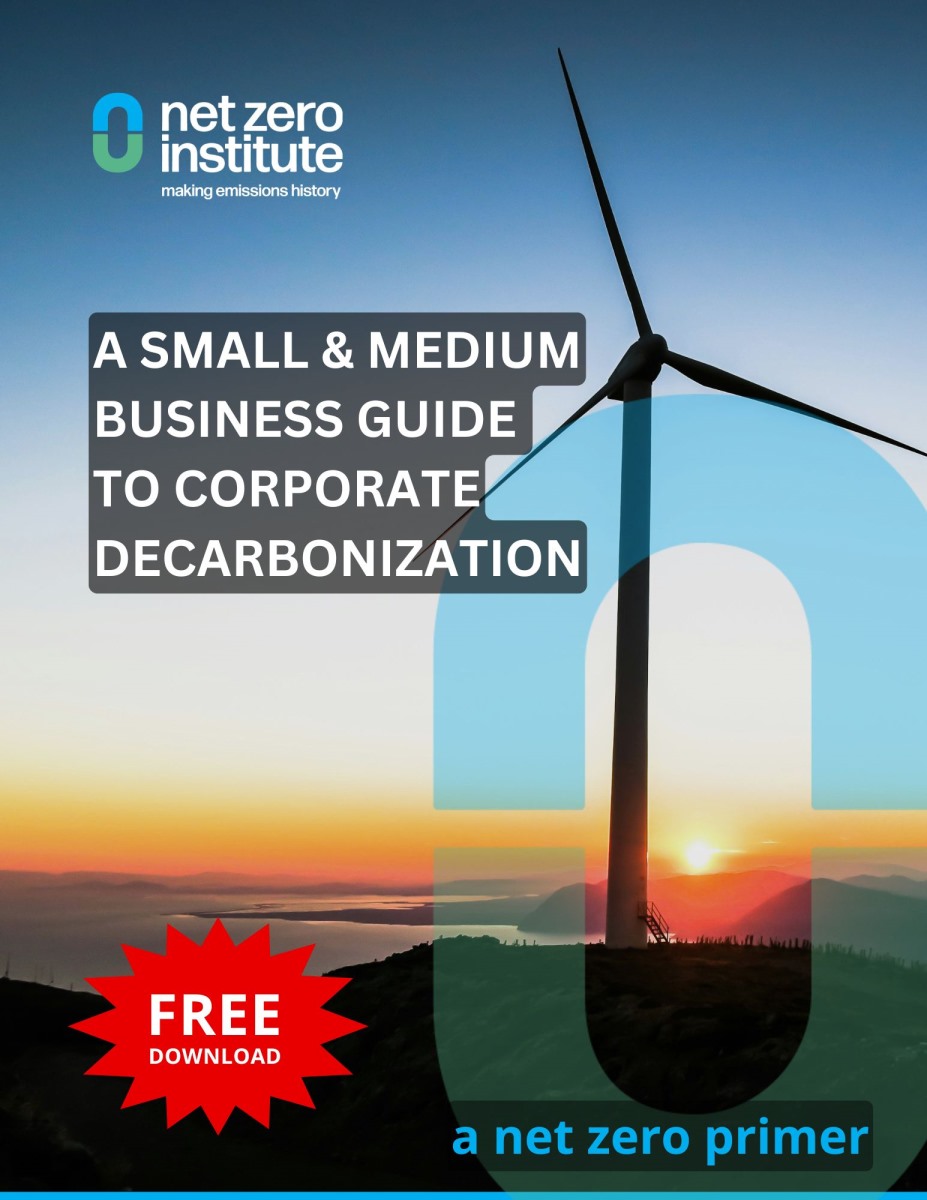Harnessing Technology for a Sustainable Future
NZI Sustainability Q&A Series
Discussions with change-makers, leaders and experts making
a positive impact on society and planet
 A tech evangelist, Parna Sarkar-Basu serves as a strategic advisor to transformational leaders and tech pioneers and helps them launch and reinvent companies to drive sustainable growth. Parna designs powerful, custom programs to spotlight entrepreneurs and innovators and elevate startup founders to industry thought leaders. She is the founder of Brand and Buzz, a consulting firm focused on helping businesses pivot with purpose. A voice for gender inclusivity, Parna enjoys building initiatives to inspire women in technology and future innovators. In addition to supporting various global women in tech organizations, Parna serves on the board of Net Zero Institute, Alray Scholars, Boston New Technology and Fisher College Academic Committee.
A tech evangelist, Parna Sarkar-Basu serves as a strategic advisor to transformational leaders and tech pioneers and helps them launch and reinvent companies to drive sustainable growth. Parna designs powerful, custom programs to spotlight entrepreneurs and innovators and elevate startup founders to industry thought leaders. She is the founder of Brand and Buzz, a consulting firm focused on helping businesses pivot with purpose. A voice for gender inclusivity, Parna enjoys building initiatives to inspire women in technology and future innovators. In addition to supporting various global women in tech organizations, Parna serves on the board of Net Zero Institute, Alray Scholars, Boston New Technology and Fisher College Academic Committee.
What major trend do you anticipate shaping your industry in 2024?
Trends in the tech industry are versatile and ever-changing, yet a few key areas triumph over buzzwords. Over the years, concepts such as metaverse, blockchain, digital transformation and AR/VR were considered major trends. Today Artificial Intelligence and Gen AI are dominating the airwaves. These technologies are not new. But along comes something like a ChatGPT and the transformative nature of Gen AI becomes the topic of the decade.
However, underlying it all, the trend should be a steadfast commitment to harnessing technology for societal good and sustainable advancement. It’s critical for a company’s success to demonstrate how a product is making a positive impact on society and the planet vs. its capabilities. For example, a company that uses AI via real-time data to help environmentalists monitor air quality in areas of high pollution concentrations to ensure filtration systems are operating adequately vs. saying it’s an AI company.
As we navigate the tech landscape of 2024 and beyond, the focus must pivot towards tangible impact rather than cool, tech innovations. In short, the industry trend should focus on how technology can be harnessed to address pressing societal and environmental concerns, paving the way for a brighter, more sustainable future.
How will the sustainability and decarbonization landscape evolve over the next couple of years?
The sustainability and decarbonization landscape is poised for a significant transformation in the coming years, driven by a growing emphasis on humanizing technology. This shift entails a departure from purely technical solutions to more holistic approaches that prioritize the needs and experiences of individuals.
I expect to see a rise in innovations that will serve as a bridge between abstract environmental goals and tangible, personal action. For example, more companies will focus on making sustainability accessible and relatable to everyday users -- from AI-driven solutions that’ll personalize energy consumption insights to apps that’ll empower individuals to track and reduce their carbon footprint. By infusing sustainability efforts with a human touch, we can inspire greater empathy, motivation and collective action towards building a greener and more resilient world.
How do you personally plan to positively impact the environment?
I take a two-pronged approach:
- Personally: I contribute to the circular economy by reducing, reusing, and recycling products and packages, as best as possible. I also try to find and support companies/vendors that prioritize sustainable practices, including giving me options to consolidate my deliveries to help lower carbon footprint.
- Professionally: As a founder of a consulting firm, I have the privilege of collaborating with companies, especially startups, to develop business strategies rooted in sustainability. While the leaders are often focused on building products, I help guide them towards recognizing and amplifying the positive impact they can make. Whether it’s a robot pod with a reduced environmental footprint or a services business utilizing their expertise to bolster the electric vehicle infrastructure – we like to showcase their commitment to sustainability and the impact they are making in their own way.
I also have the privilege of engaging with associations such as Net Zero Institute and advocate for environmental strategies to help companies expedite the transition to a carbon-neutral economy.

